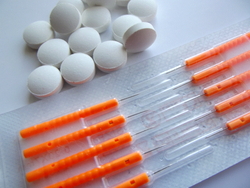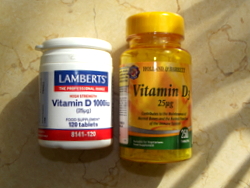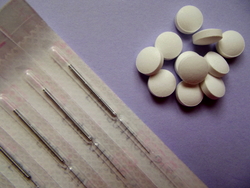 Acupuncture benefits depression, with a statistically significant reduction in symptoms in the short to medium term, according to researchers in York. Patients were recruited from GP practices if they had consulted for depression in the preceding five years, and were known still to be suffering. They were randomised to receive either acupuncture plus usual care, counselling plus usual care, or usual care alone. Acupuncture was usually given weekly for 12 weeks.
Acupuncture benefits depression, with a statistically significant reduction in symptoms in the short to medium term, according to researchers in York. Patients were recruited from GP practices if they had consulted for depression in the preceding five years, and were known still to be suffering. They were randomised to receive either acupuncture plus usual care, counselling plus usual care, or usual care alone. Acupuncture was usually given weekly for 12 weeks.
Based on patient assessment at baseline, and then at 3, 6, 9 and 12 month points, the researchers concluded, “Our evidence on acupuncture compared with usual care, and counselling compared with usual care, shows that both treatments are associated with a statistically significant reduction in symptoms of depression in the short to medium term, with no reported serious adverse events related to treatment.”
(Acupuncture for chronic pain and depression in primary care: a programme of research. NIHR Journals Library, January 2017.)




